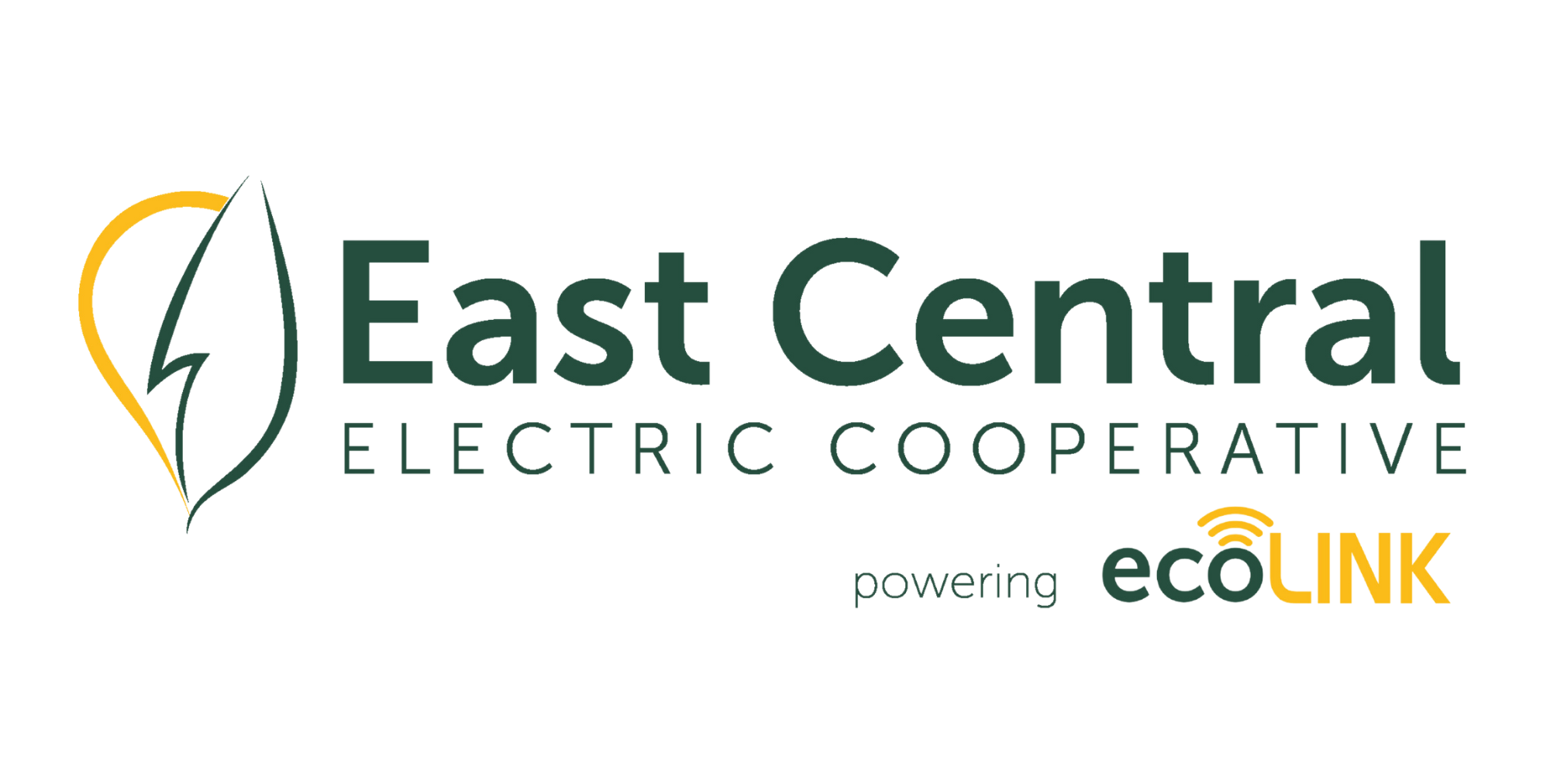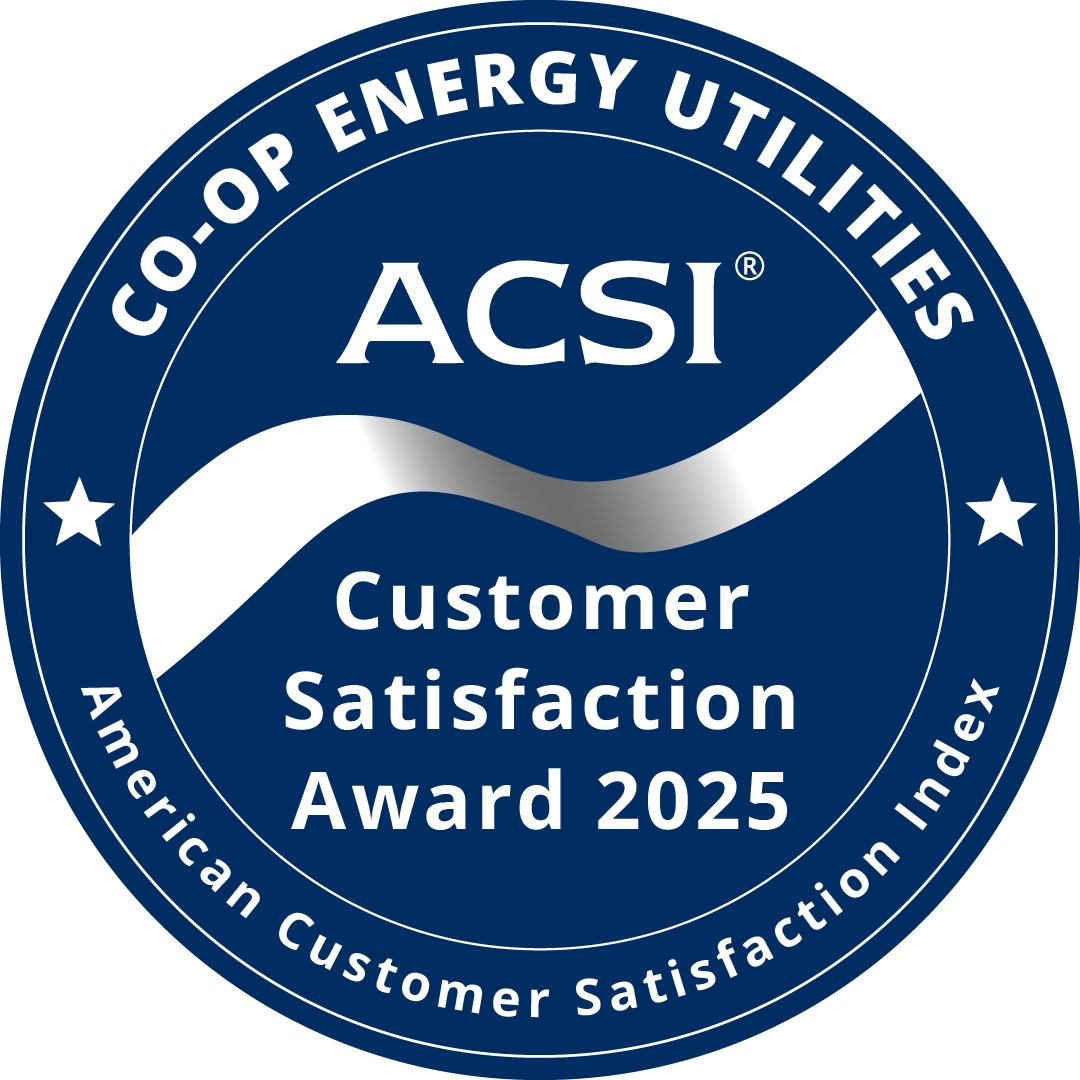Serving Our Members and Communities


East Central Oklahoma Electric Cooperative is a member owned and controlled utility,
where the individuals who receive power have a voice and a vote.
Cooperatives are...
-
Private independent electric utility businesses
-
Incorporated under the laws of the states in which they operate
-
Established to provide at-cost electric service
-
Owned by the members they serve
-
Governed by a board of trustees elected from the membership, which sets policies and procedures that are implemented by the cooperatives’ professional staff
ECOEC is a distribution cooperative, which delivers electricity to the members' home or business. ECOEC is itself a member of two Generation and Transmission Cooperatives (G&Ts), which generate and transmit electricity to distribution cooperatives.
How cooperatives work
Electric cooperatives are private, non-profit corporations owned by their consumer-members. They are similar in concept to other consumer-owned businesses; including farm produce marketing co-ops and news gathering and reporting co-ops, like the Associated Press.
Essentially, each consumer of the cooperative is a member, with one vote in the affairs of the cooperative. Bylaws, adopted by the members, set forth their rights and responsibilities and lay out the guidelines that assure a democratic organization. Members elect directors to serve on a Board of Trustees, and an annual meeting is held to conduct the business of the cooperative. Local boards employ a professional manager for the co-op, and the manager then has the duty of hiring trained personnel to perform the work necessary for the co-op to function.
The local cooperative Board establishes rates, based upon what it actually costs to provide dependable electric service, and to meet payment schedules on loans. Rates are designed so that revenues exceed expenses. This “margin” is allocated back to members of the cooperative in the form of capital credits.
Members receive money back based on the amount of electricity they have used during the allocation period. This return of capital maintains the non-profit status of the cooperative.
In addition to electric service, many electric co-ops are involved in community development and revitalization projects, e.g., small business development and job creation, improvement of water and sewer systems, and assistance in delivery of health care and educational services.

